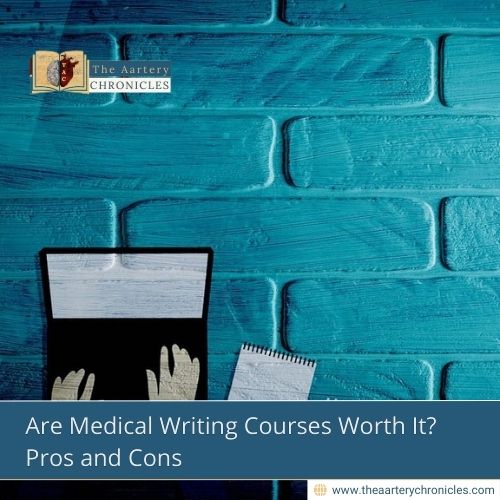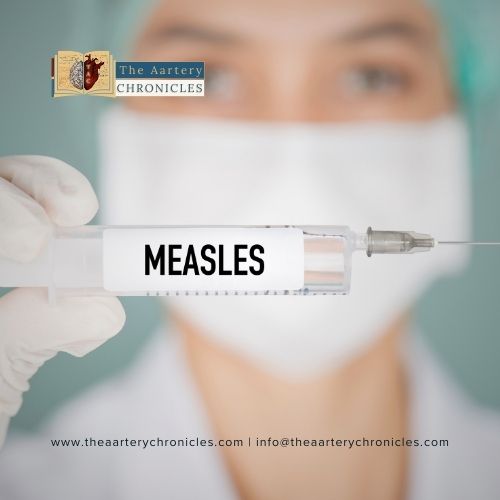

Are Medical Writing Courses Worth It? Pros and Cons
Summary
- Medical writing courses provide structured training, industry-recognised certification, and portfolio-building opportunities.
- They help with career advancement, mentorship, and networking.
- Costs and course quality vary, so choosing the right program is essential.
- Real-world experience and writing samples are equally important for career growth.
- The Aartery Chronicles’ Medical Writing & Journalism Course offers hands-on training, mentorship, and publishing opportunities, making it a top choice.
Introduction
Medical writing is a rapidly growing field that offers career opportunities in pharmaceutical companies, clinical research organisations, healthcare journalism, and digital health content. With the increasing demand for scientific communication and regulatory writing, many aspiring writers consider enrolling in medical writing courses. But are they really worth the investment? Here’s a breakdown of the pros and cons of medical writing courses to help you decide.
Pros of Medical Writing Courses
1. Structured Learning and Skill Development
- Medical writing courses provide a structured curriculum covering regulatory writing, scientific content, and digital healthcare communication.
- They help learners develop essential skills such as research interpretation, technical writing, and SEO-based medical content creation.
2. Industry-Recognised Certification
- Completing a recognised medical writing course adds credibility to your profile, making you stand out in job applications.
- Certifications from The Aartery Chronicles, AMWA, or EMWA demonstrate your expertise to potential employers.
3. Hands-on Experience and Portfolio Building
- Many courses include real-world writing assignments and publication opportunities, which help build a strong portfolio.
- Programs like The Aartery Chronicles’ Medical Writing & Journalism Course offer article publication guarantees, giving students published work to showcase.
4. Career Advancement and Networking
- Courses often provide mentorship from industry professionals, helping learners navigate career opportunities.
- Some programs include internship and job placement support, increasing the chances of securing a high-paying role.
5. Flexibility and Online Learning Options
- Many medical writing courses are available online, allowing students to learn at their own pace.
- Options like self-paced or live interactive sessions cater to both beginners and working professionals.
Cons of Medical Writing Courses
1. Cost of Enrollment
- High-quality medical writing courses can be expensive, with fees ranging from ₹20,000 to ₹2,00,000+ depending on the institution and course structure.
- Not all courses offer internships or guaranteed job placements, making it important to choose wisely.
2. No Substitute for Practical Experience
- While courses provide theoretical knowledge, real-world experience is crucial for excelling in medical writing.
- Freelancing, internships, and self-study are equally important alongside certifications.
3. Course Quality Varies
- Some courses provide limited real-world training, focusing only on theory.
- Choosing an industry-recognised program like The Aartery Chronicles’ Medical Writing & Journalism Course ensures practical exposure and networking opportunities.
4. Not Always Required for Career Entry
- Some employers prioritise experience and writing samples over formal certification.
- If you have a background in medicine, life sciences, or journalism, you may be able to start a medical writing career without a course.
Are Medical Writing Courses Worth It?
Medical writing courses can be highly beneficial, but they are not a one-size-fits-all solution. They are worth considering if:
- You are new to the field and need structured learning.
- You want certification to enhance job prospects.
- You prefer mentorship and career guidance.
- You need hands-on assignments to build a portfolio.
However, if you already have strong scientific knowledge and writing experience, you may be able to start a medical writing career through freelancing, networking, and self-study.
Conclusion
Medical writing courses offer valuable skills, certification, and career support, making them a great investment for beginners and those looking to transition into healthcare communication. However, selecting the right course with practical training and industry recognition is key.









